We the People Will Prevail
Robert Reich
Friends,
The holidays provide an apt time to pause and assess where
we are.
You have every reason to be worried about what happens after
January 20. Many people could be harmed.
Yet I continue to have an abiding faith in the common sense
and good-heartedness of most Americans, despite the outcome of the election.
Many traditional Democratic voters did not vote — either
because they were upset about the Biden administration’s support for Benjamin
Netanyahu or they were unmoved by Kamala
Harris. Others chose Trump because their incomes have gone nowhere
for years and they thought the system needed to be “shaken up.”
An explanation is not a justification.
There have been times when I doubted America. I think the
worst was 1968, with the assassinations of Martin Luther King Jr. and then Bobby
Kennedy, the riots and fires that consumed our cities, the horrific
Democratic convention in Chicago along with protests and violent police
response, the election of the dreadful Nixon, and the escalating carnage of
Vietnam.
It seemed to me then that we had utterly lost our moral
compass and purpose.
But the Watergate hearings demonstrated to me that we had
not lost it. Democrats and Republicans worked together to discover what Nixon
had done.
I had much the same feeling about the brilliant work done by
the House’s special committee to investigate January 6, 2021, including chair
Bennie Thompson and vice chair Liz Cheney.
I think it important not to overlook the many good things
that happened under the Biden-Harris administration — the most aggressive use
of antitrust and most pro-union labor board I remember, along with
extraordinary legislative accomplishments.
When I think about what’s good about America, I also think
about the jurors, the prosecutors, and the judge in Trump’s trial in Manhattan,
who took extraordinary abuse. Their lives and the lives of their families were
threatened. But they didn’t flinch. They did their duty.
I think about our armed services men and women. Our
firefighters and police officers. Our teachers and social workers. Our nurses
who acted with such courage and dedication during the pandemic. I think about
all the other people who are putting in countless hours in our cities and towns
and states to make our lives better.
A few days ago, I ran into an old friend who’s spending the
holidays running a food kitchen for the unhoused.
“How are you?” she asked, with a big smile.
“Been better,” I said.
“Oh, you’re still in a funk over the election,” she said.
“Don’t worry! We’ll do fine. There’s so much work to do.”
“Yes, but Trump is …”
She stopped me, her face turning into a frown. “Nothing we
can do about him now, except get ready for his regime. Protect the people
who’ll be hurt.”
“You’re right.”
After a pause she said, “We had to come to
this point, you know.”
“What do you mean?”
“Biden couldn’t get done nearly enough. The reactionary
forces have been building for years. They’re like the pus in an ugly boil.”
“That’s the worst metaphor I’ve heard!” I laughed.
“The boil is on our collective ass,” she continued, laughing
along with me. “And the only way we get up enough courage to lance the boil is
for it to get so big and so ugly and so mean that no one can sit down!”
“I don’t know whether you’re an optimist or a pessimist,” I
said, still laughing.
“Neither,” she explained, turning serious. “A realist. I’ve
had it with wishy-washy Democratic ‘centrists.’ A few years of the miserable
Trump administration and we can get back to the real work of the country.”
“I hope you’re right.”
“And now I have to get back to work. Lots
of people to feed! Merry Christmas, Happy Hanukah, Happy New Year!”
With that, she was gone.
Robert Reich is the Chancellor's Professor of Public Policy
at the University of California, Berkeley, and a senior fellow at the Blum
Center for Developing Economies. He served as secretary of labor in the Clinton
administration, for which Time magazine named him one of the 10 most effective
cabinet secretaries of the twentieth century. His book include:
"Aftershock" (2011), "The Work of Nations" (1992),
"Beyond Outrage" (2012) and, "Saving Capitalism" (2016). He
is also a founding editor of The American Prospect magazine, former chairman of
Common Cause, a member of the American Academy of Arts and Sciences, and
co-creator of the award-winning documentary, "Inequality For All."
Reich's newest book is "The Common Good" (2019). He's co-creator of
the Netflix original documentary "Saving Capitalism," which is
streaming now.

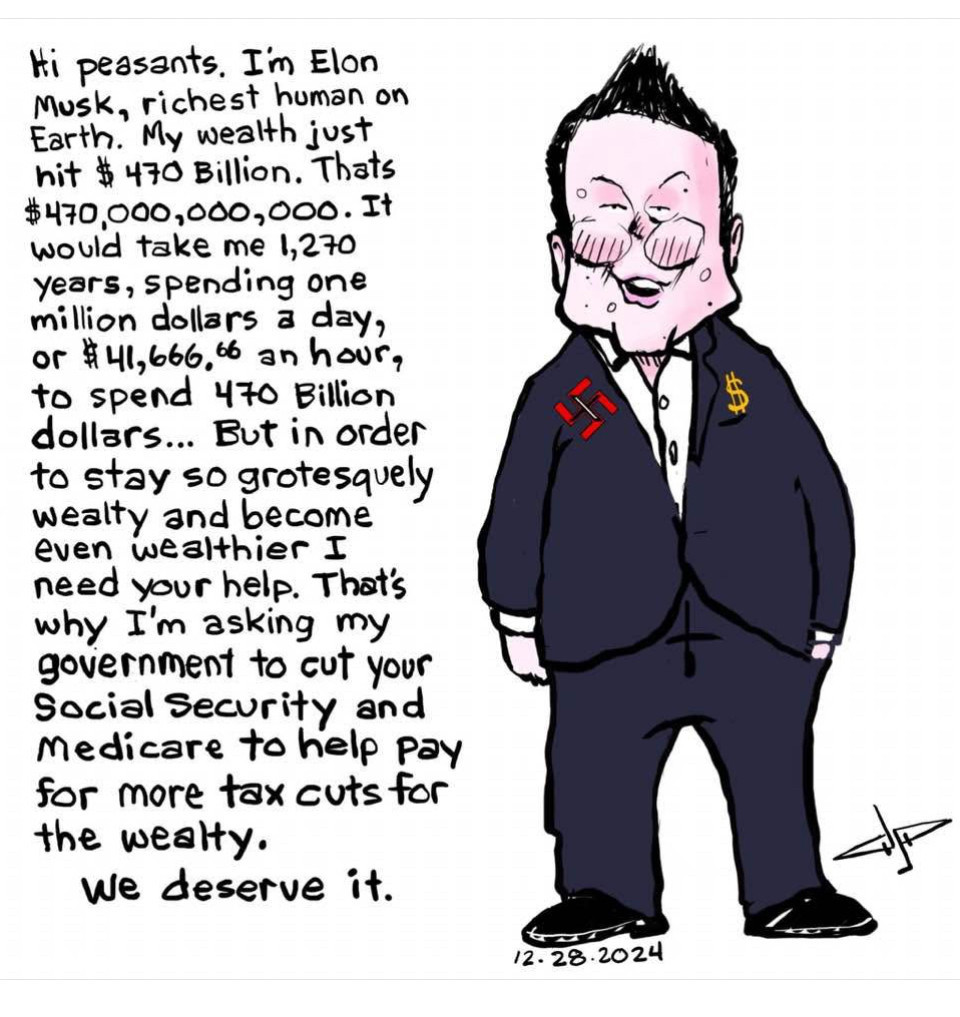

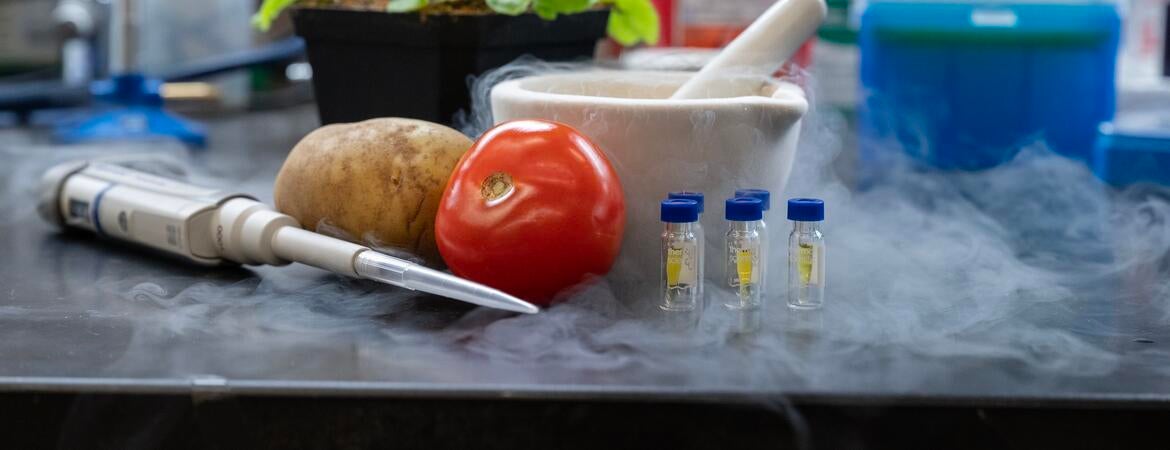
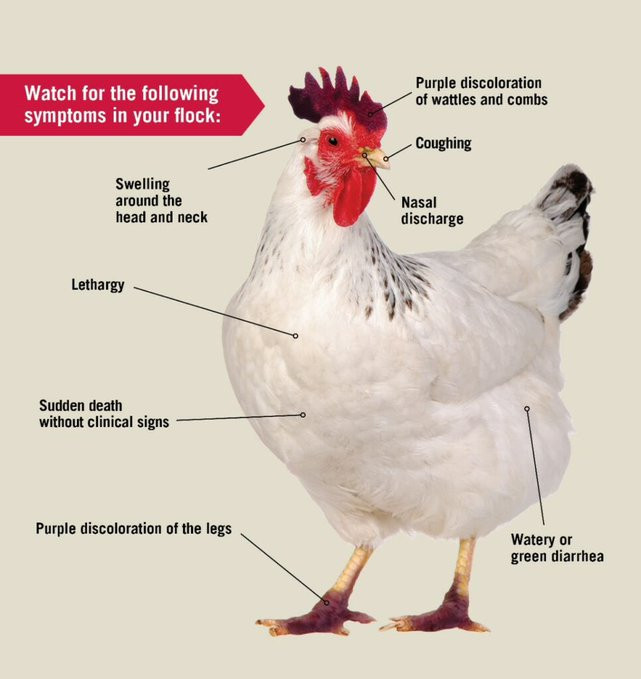




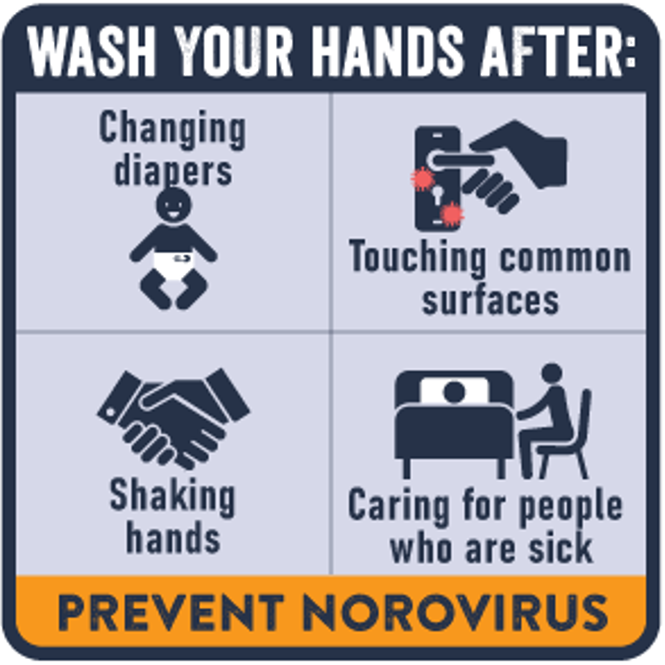
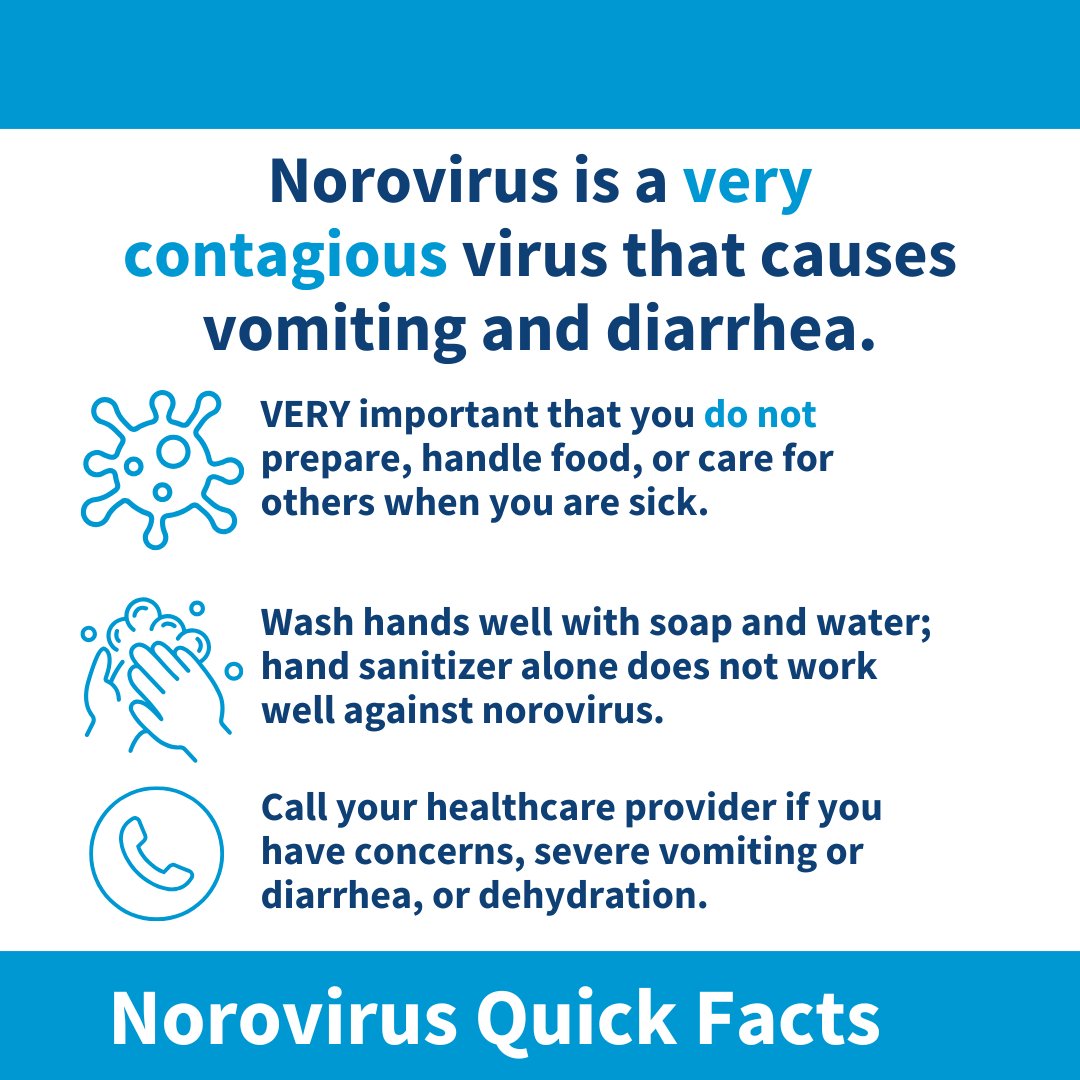
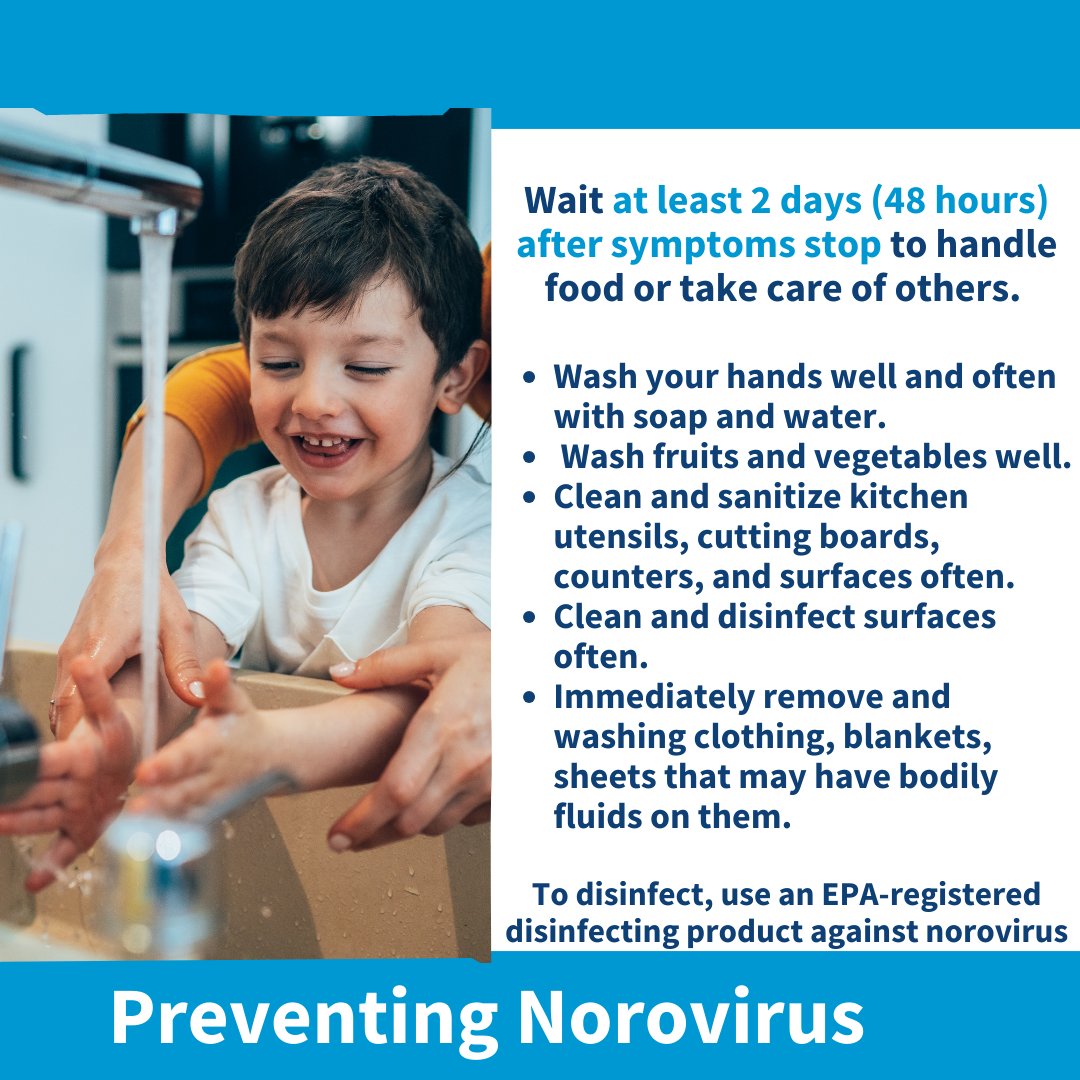
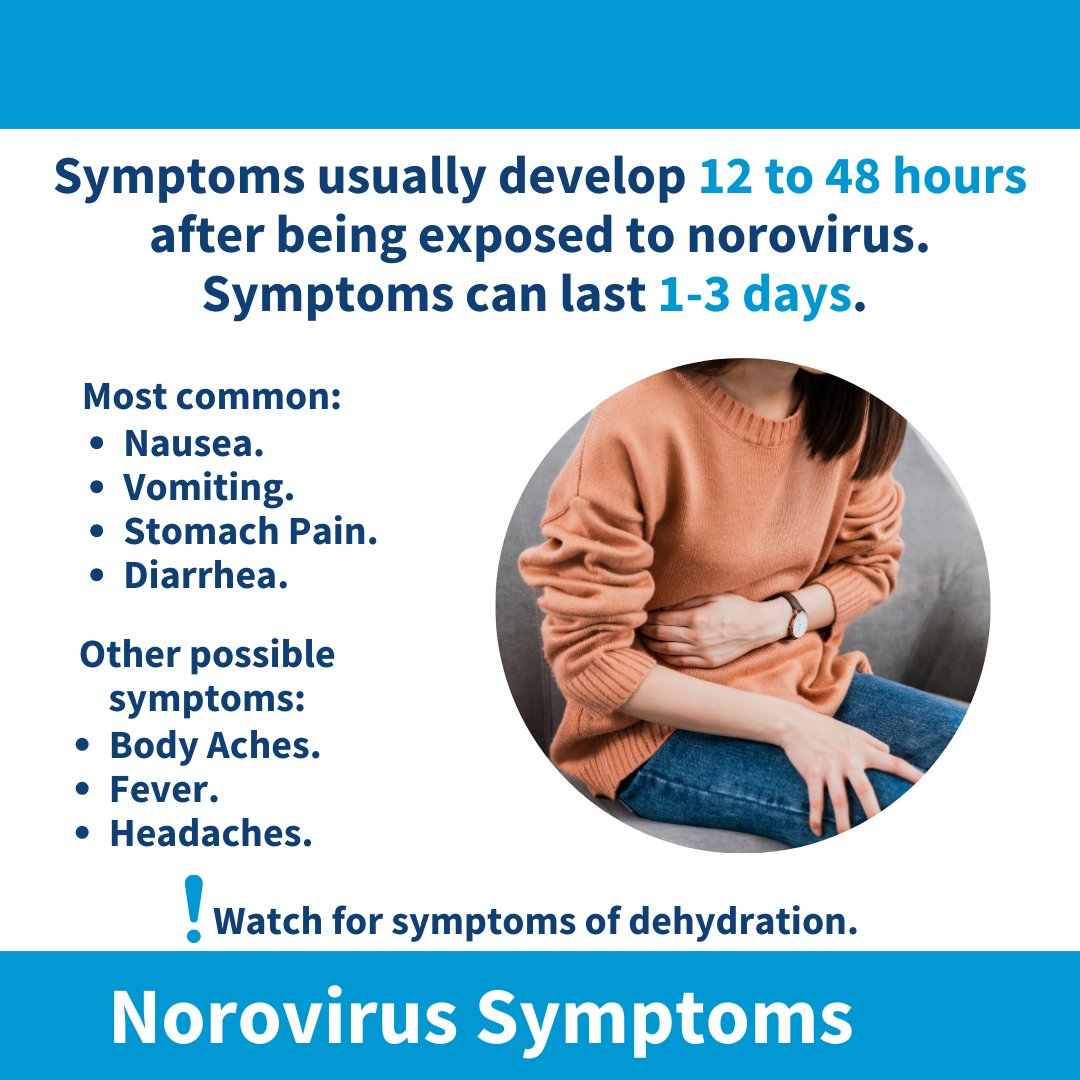
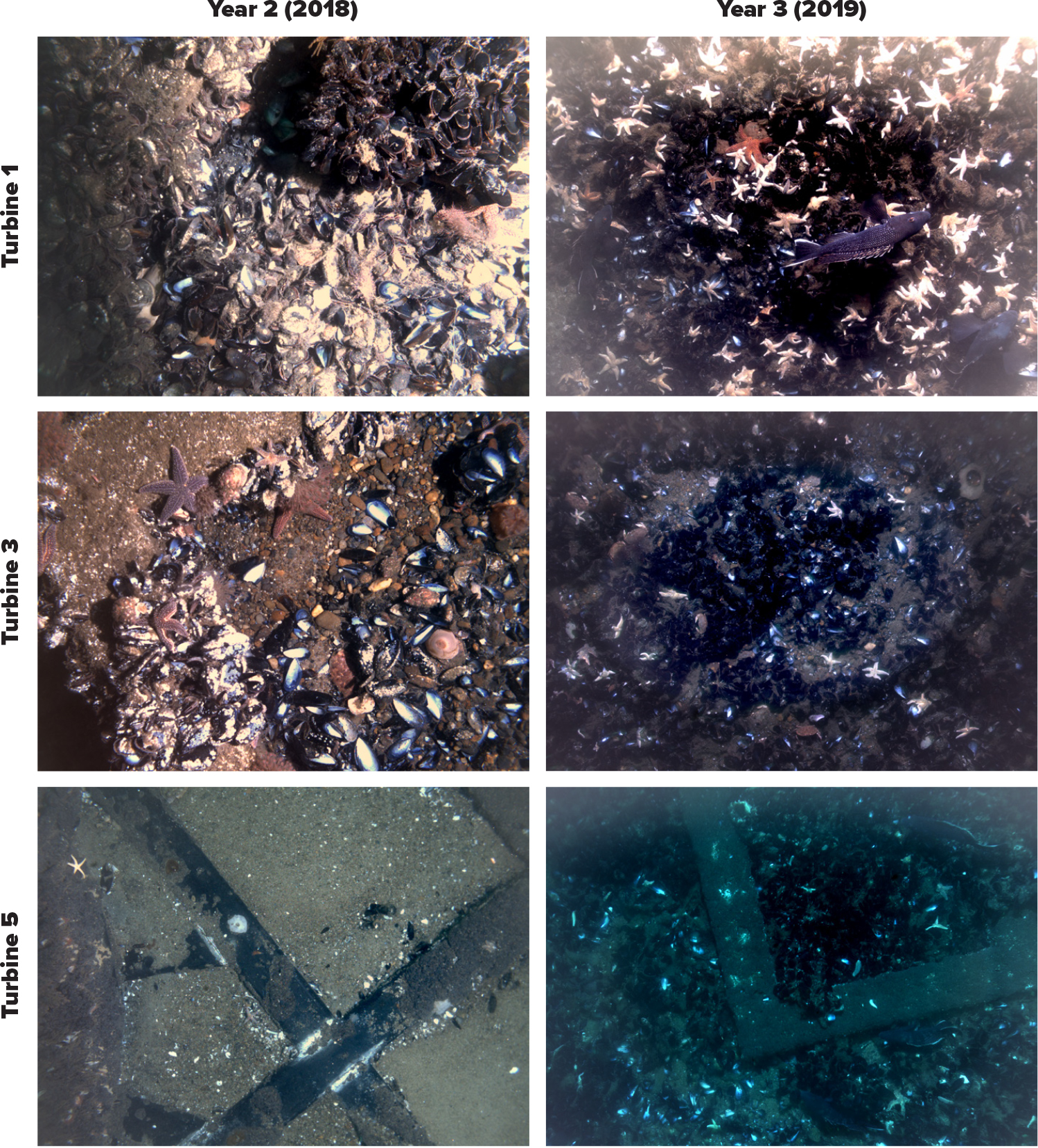





.webp)
.webp)




.webp)


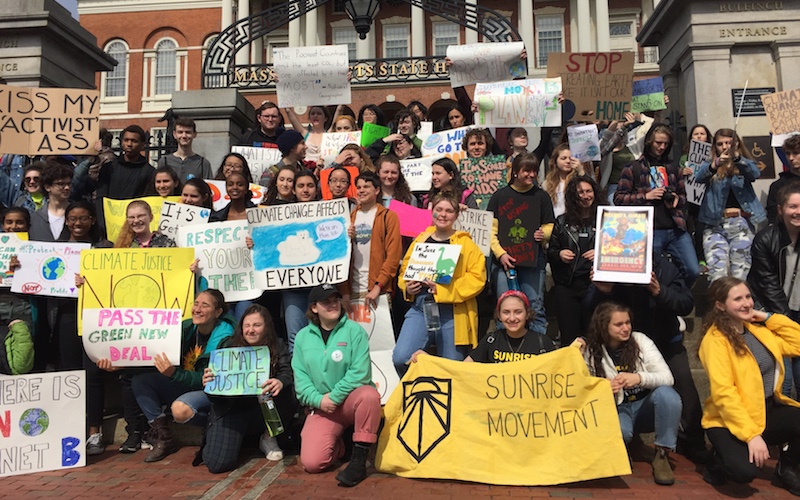



.webp)


